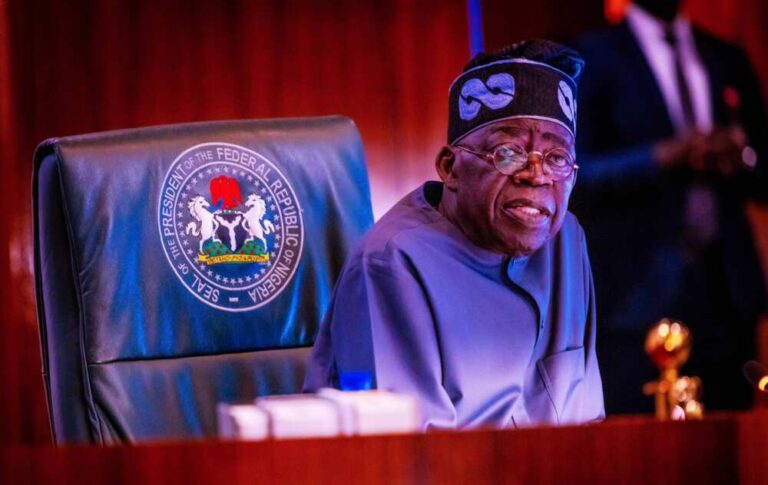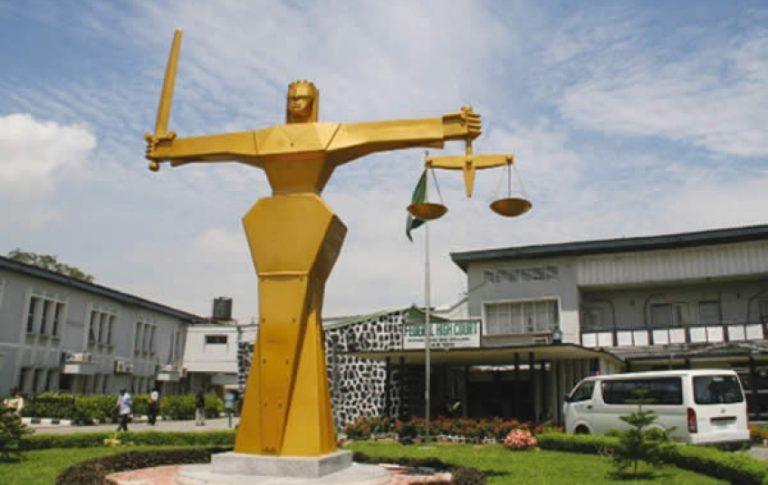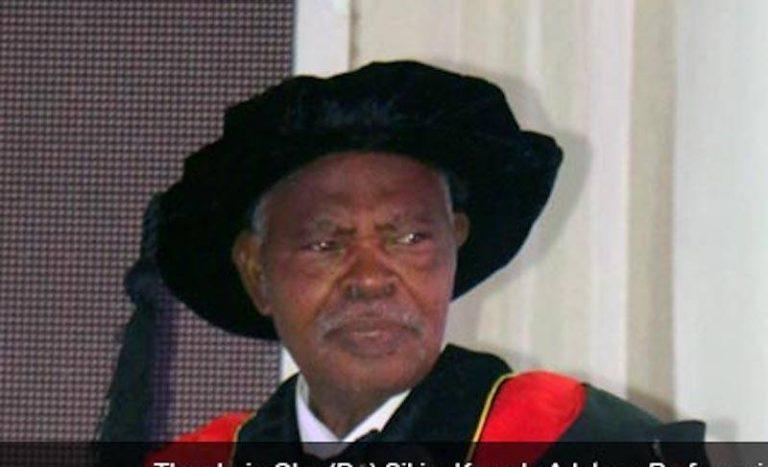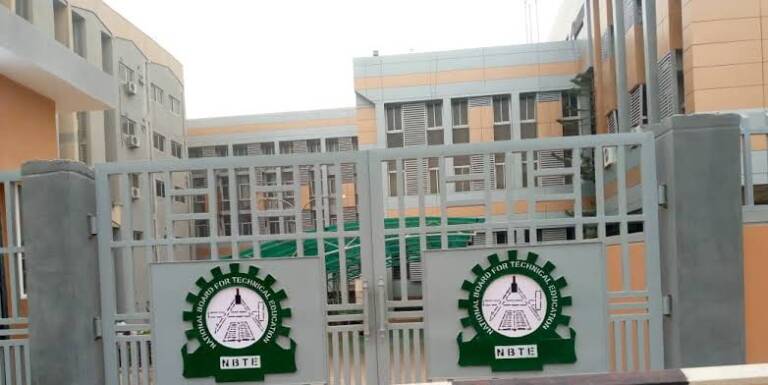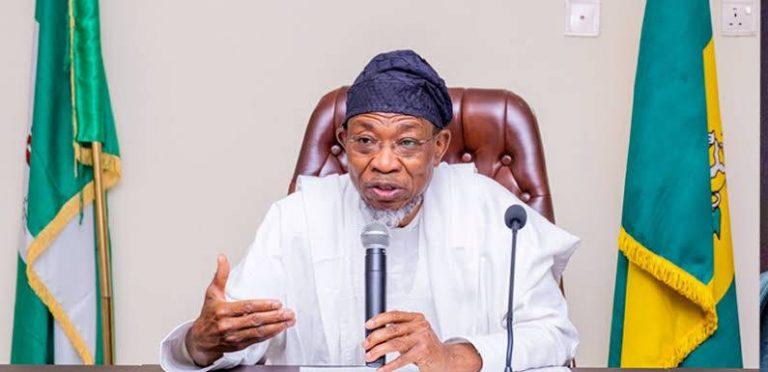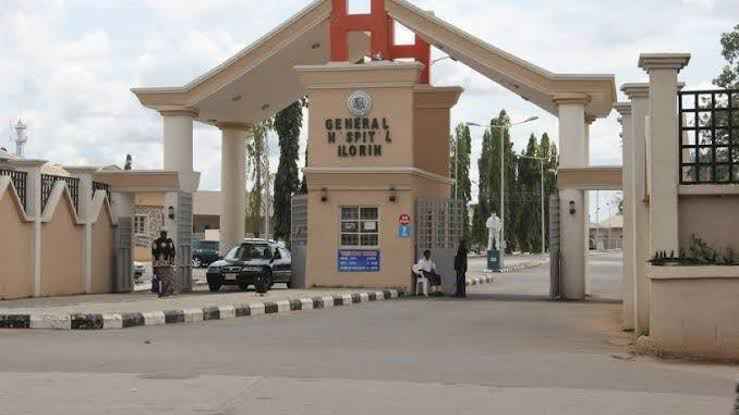Tinubu directs immediate suspension of 0.5% cybersecurity levy
Following the public outcry, Nigerian President Asiwajy Bola Ahmed Tinubu has approved the suspension of a 0.5 per cent cybersecurity levy on electronic transactions in the country.
According to Mohammed Idris, Minister of Information and National Orientation, while speaking to journalists after the Federal Executive Council (FEC) meeting at the Presidential Villa in Abuja on Tuesday, Tinubu directed the Central Bank of Nigeria (CBN) to suspend the implementation and review the modalities for the implementation of the cybersecurity levy.
The minister added that the levy was thoroughly discussed at the FEC meeting, adding that the policy is undergoing review.
“The position of the government is that that policy has been suspended. It has been put on hold. That is the position of the government for now. It is undergoing some form of review. It was reiterated in council (FEC meeting) yesterday. You know that today’s council (meeting) is a continuation of the council meeting of yesterday,” the minister said.
“So, I can tell you that the cybersecurity levy has been put on hold. It is being reviewed by the government.”
The Informant247 had earlier reported how commercial banks and other financial institutions in Nigeria were directed to implement a 0.5 per cent cybersecurity levy on electronic transfers.
The Central Bank of Nigeria (CBN), in a circular signed by Chibuzor Efobi, director of payments system management and Haruna Mustafa, director of financial policy and regulation, issued to the commercial, merchant, non-interest and payment service banks, as well as mobile money operators, said the policy would take effect in two weeks, and charges would be described as ‘Cybersecurity Levy’.
According to the apex bank, the deduction and collection of the cybersecurity levy is a sequel to the enactment of the Cybercrime (prohibition, prevention, etc) Amendment Act of 2024.
“Following the enactment of the Cybercrime (Prohibition, Prevention, etc.) (amendment) Act 2024 and under the provision of Section 44 (2)(a) of the Act, “a levy of 0.5% (0.005) equivalent to a half percent of all electronic transactions value by the business specified in the second schedule of the Act, is to be remitted to the National Cybersecurity Fund (NCF), which shall be administered by the Office of the National Security Adviser (ONSA),” CBN said.
CBN said the charges would be remitted to the national cyber security fund, which the office of the NSA would administer.
“Deductions shall commence within two (2) weeks from the date of this circular for all financial institutions and the monthly remittance of the levies collected in bulk to the NCF account domiciled at the CBN by the 5th business day of every subsequent month.”
CBN said failure to remit the levy is an offence which attracts a fine of not less than 2 per cent of the annual turnover of the defaulting business, amongst others.
“Finally, all institutions under the regulatory purview of the CBN are hereby directed to note and comply with the provisions of the Act and this circular.”
Meanwhile, earlier, banks announced the reintroduction of a 2 per cent charge on deposits above N500,000.
CBN exempts salary payments, loan disbursement, 14 others from newly-introduced cybersecurity levy
Meanwhile, the Central Bank of Nigeria (CBN) has exempted some categories, which include salary payment, loan disbursement from cybersecurity levy.
The following are exemptions from CBN’s cybersecurity levy levy:
1. Loan disbursements and repayments
2. Salary payments
3. Intra-account transfers within the same bank or between different banks for the same customer
4. Intra-bank transfers between customers of the same bank
5. Other financial institutions (OFIs) instructions to their correspondent banks
6. Interbank placements
7. Banks’ transfers to CBN and vice-versa
8. Inter-branch transfers within a bank
9. Cheques clearing and settlements
10. Letters of credits (LCs)
11. Banks recapitalisation related funding only bulk funds movement from collection accounts
12. Savings and deposits including transactions involving long-term investments such as treasury bills, bonds, and commercial papers.
13. Government social welfare programmes transactions e.g. pension payments.
14. Non-profit and charitable transactions including donations to registered non-profit organisations or charities.
15. Educational institutions transactions, including tuition payments and other transactions involving schools, universities, or other educational institutions.
16. Transactions involving bank’s internal accounts such as suspense accounts, clearing accounts, profit and loss accounts, inter-branch accounts, reserve accounts, nostro and vostro accounts, and escrow accounts.
Speaking on penalties for noncompliance, the CBN said failure to remit the levy is an offence liable “on conviction to a fine of not less than 2 percent of the annual turnover of the defaulting business, amongst others”.
Cybersecurity levy: NLC, NANS reject CBN’s policy
Joe Ajaero-led Nigeria Labour Congress (NLC) has rejected the newly introduced 0.5 per cent cybersecurity levy to be charged on all bank transactions by the Central Bank of Nigeria.
In its reaction to the development, the NLC, in a statement by its President, Joe Ajaero, asked the Tinubu-led government to immediately withdraw the levy, saying it is another anti-people policy of the government amid excruciating economic hardship.
The statement read, “The Nigeria Labour Congress, vehemently condemns the recent directive by the Central Bank of Nigeria, CBN, to levy a 0.5 per cent ‘Cybersecurity Levy’ on electronic transfers.
“This levy, to be implemented by deduction at the transaction origination, is yet another burden on the shoulders of hardworking Nigerians.
“In the circular issued by the CBN, the directive mandates banks and payment service operators to affect these deductions, effective next two weeks. This move, ostensibly aimed at bolstering cybersecurity measures, threatens to exacerbate the financial strain already faced by the populace.”
Cybersecurity levy: Don’t add to students’ suffering – NANS tells Tinubu
In a related development, the National Association of Nigerian Students (NANS) also rejected the newly introduced 0.5 per cent cybersecurity levy to be charged on all bank transactions.
In a communiqué issued by NANS President Pedro Obi, the union expressed deep concerns over the introduction of another policy that “burdens the already-strained populace, especially amidst prevailing economic challenges.”
NANS firmly denounced the CBN’s new directive, labelling it as an undue strain on hardworking Nigerians.
“While purportedly aimed at enhancing cybersecurity frameworks, NANS emphasizes that this levy only adds to the financial pressures faced by individuals and businesses across the nation.
“We hereby call for alternative measures to finance this instead of further taxing Nigerians, in the face of numerous other charges already imposed on electronic transactions, the cashless policy may be defeated.
“NANS urges the government to reconsider this levy in light of its detrimental impact on suffering Nigerian students, businesses, and the general populace, and instead advocates for policies that alleviate, rather than exacerbate economic burdens,” the communiqué said.
Shelve plans to impose cybersecurity levy on electronic transactions or prepare for economic shutdown – TUC tells CBN
The Trade Union Congress of Nigeria (TUC) has threatened to shut down the economy over the decision of the Cemtral Bank of Nigeria to implement 0.5 per cent cyber security levy on electronic transactions, urging president Bola Ahmed Tinubu-led federal government to direct the apex bank to withdraw its directive to financial institutions on the issue, to avert the shutdown.
The union’s President, Mr Festus Osifo, gave the warning in a statement on Wednesday, May 8, 2024.
Osifo described such plan as illogical, coming at a time when Nigerians were grappling with high cost of living, asding that such high cost of living was imposed by devaluation of Naira, hyper hike in the cost of petrol, supersonic increment in the cost of electricity tariff, among others.
“We are quite disturbed that since the inception of this administration, its policies have brought pain, anguish and sorrow on Nigerians.
“Whereas, a bank account holder in Nigeria today is currently charged stamp duty, transfer fee, VAT on transfer fee, and all forms of account maintenance levies by both government and the banks, this burden seems not to be enough, as government is poised to inflict further pain on the already battered Nigerians.
“So, many policies of this government are not only imposing hardship on the downtrodden Nigerians but also on businesses, as some of them are shutting down because of the unfriendly business environment,“ he said.
The union leader expressed fears that the development would further encourage people to hoard cash at home, reduce financial inclusion, increase poverty and exacerbate misery index.
According to him, all Nigerians are interested in right now is the urgent conclusion of discussions around the minimum wage.
“Not a vexatious policy that is further reducing the already depleted disposable income of the masses and indirectly ridiculing the gain which the minimum wage would have brought to the people when concluded,” he added.

